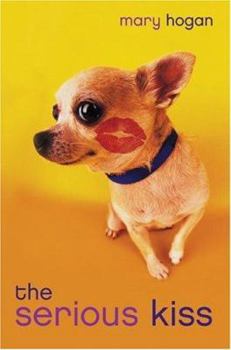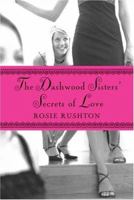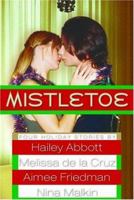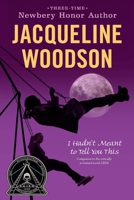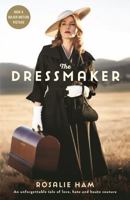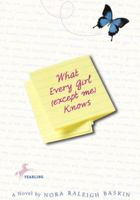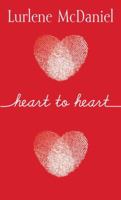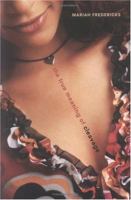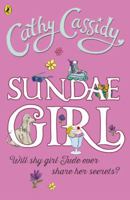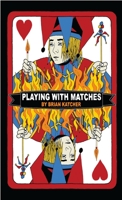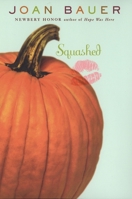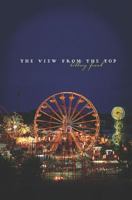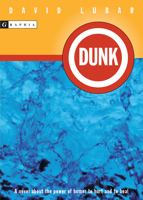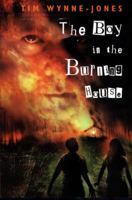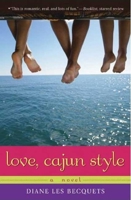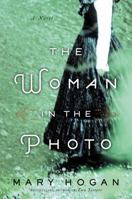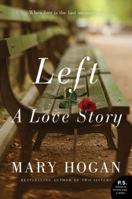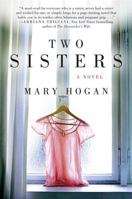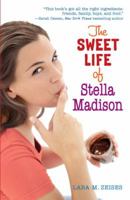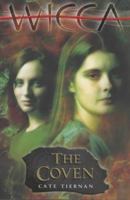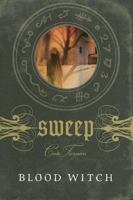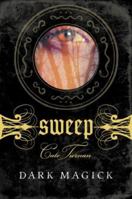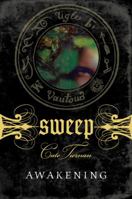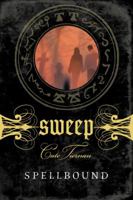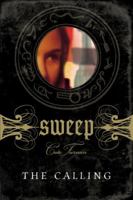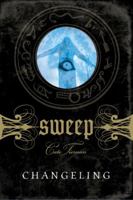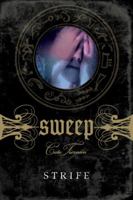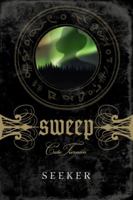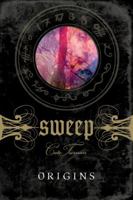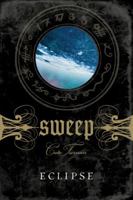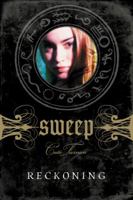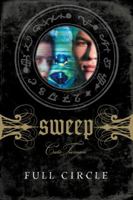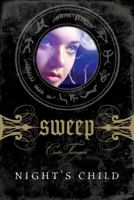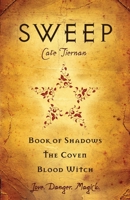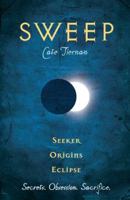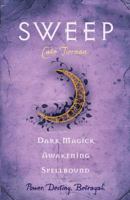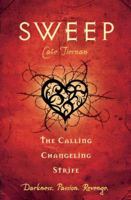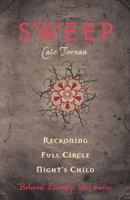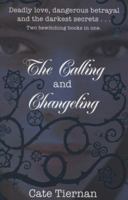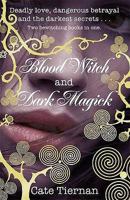The Serious Kiss
Select Format
Select Condition 
You Might Also Enjoy
Book Overview
Related Subjects
Biographical Biographies Biographies & History Biography & History Literature & FictionCustomer Reviews
Rated 5 starsGreat book
Lots of zombie action, a must read!
0Report
Rated 1 starsBody Snatchers Demons from Religion No Zombies Romero would Gag
trying to jump on popular zombie theme--this is NOT a zombie novel just religious demons taking human bodies very disappointed glad i did not buy more of is books
0Report
Rated 5 starsgreat book
Love this book. must read zombie book
0Report
Rated 5 starsRemember to breathe in this nonstop action packed Zombie thriller.
Luckily I picked up and read The Rising just recently. So I knew there was a part 2, `City of the Dead', waiting to be read when I put down the first book. I would have been tearing my hair out if I hadn't known there would be a part 2 after reading the ending of The Rising. What a great way to end a book, cliffhanger or not. Thankfully, for me at least, it was a cliffhanger. `City of Dead' picks up right where Keene left...
0Report
Rated 5 starsThe final showdown between humans and demons, and the winner is...
Fortunately, I had Brian Keene's City Of The Dead all lined up to read after finishing The Rising. Otherwise, I probably would have been more than a little miffed at the ending of The Rising. Likewise, reading City Of The Dead without reading The Rising first will leave you really confused. Read them as a single large novel, and things work ok... Continuing from the previous novel (in fact, chapter one is the last chapter...
0Report










